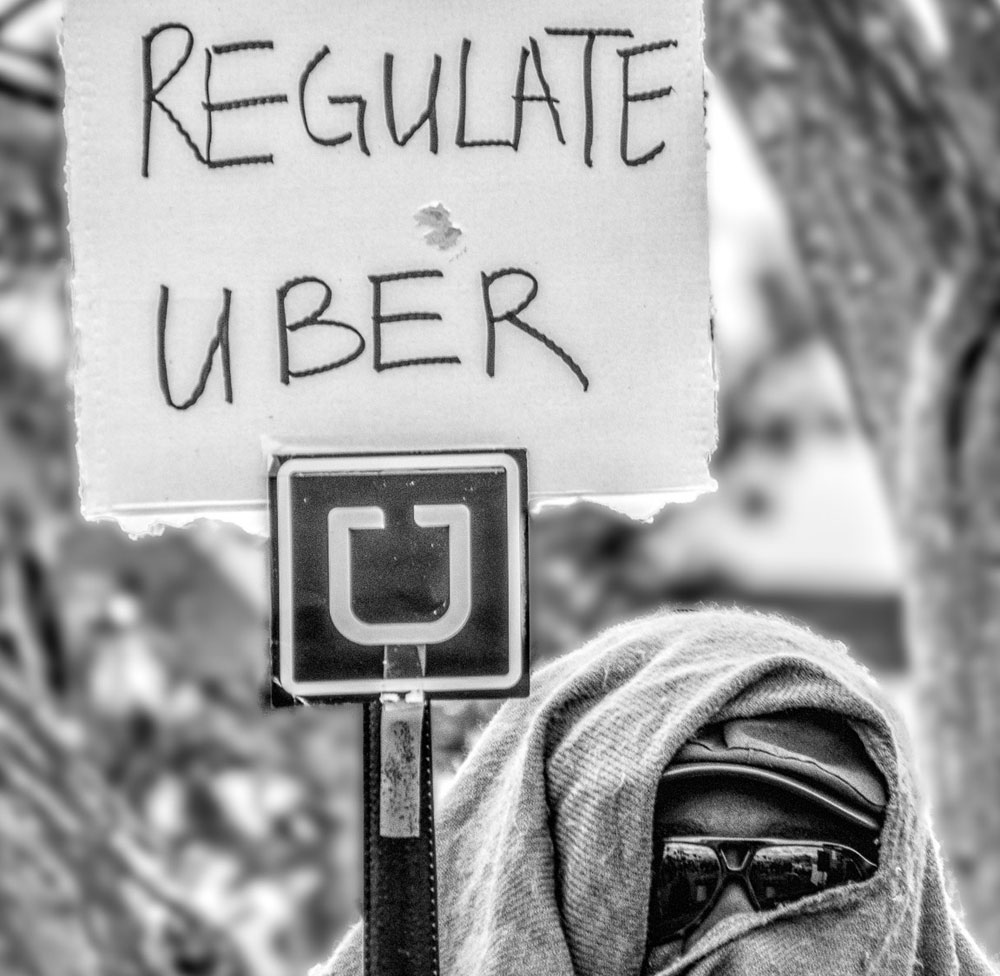
October 21, 2020; TechCrunch
Knowing what you can and cannot do under your nonprofit status is important; taking advantage can get you in trouble. In California, opponents of Proposition 22 are calling “foul” on proponents’ use of their 501c4 nonprofit status access the lower nonprofit mail rate and have asked the United States Postal Service (USPS) to revoke their permit for nonprofit status.
Proposition 22 would continue to classify rideshare drivers (Uber, Lyft, and others) and delivery workers as independent contractors. All in all, it is less expensive to send campaign mailers as a nonprofit. A campaign might send one or two hundred thousand small mailers to every door at a cost of 30.2¢ each. But as a nonprofit, that cost would be 22.6¢ each, according to USPS. Those eight cents add up over time.
The lawyers for “No on 22” are saying USPS was wrong when it approved the nonprofit status of the “Yes on 22’s” campaign, as they are not a social welfare organization as specified in the application for 501c4 status. “The ‘Yes on 22’ nonprofit permit was unlawfully issued,” a lawyer for “No on 22” wrote to USPS Postmaster General Louis DeJoy. “This misuse of the nonprofit permit coming from a corporate-backed $200 million campaign is unprecedented and should be remedied by the Postal Service immediately.”
That lawyer may have a point. The “Yes on 22” committee comprises companies like Uber, Lyft, Instacart, and DoorDash, along with some small businesses and community organizations. The bulk of its campaign funding (contributions have amounted to $185,096,892) have come from Uber, Lyft, and DoorDash. The “No on 22” campaign’s contribution total $12,166,063. There does seem to be an imbalance.
Sign up for our free newsletters
Subscribe to NPQ's newsletters to have our top stories delivered directly to your inbox.
By signing up, you agree to our privacy policy and terms of use, and to receive messages from NPQ and our partners.
But there is a much larger question that looms over this kerfuffle for the nonprofit community. The status of all 501c4 organizations rests on their specification that they are, indeed, social welfare organizations. According to the Internal Revenue Service (IRS) that issues this tax-exempt status, “an organization must not be organized for profit and must be operated exclusively to promote social welfare.”
The government regulations further state:
To be operated exclusively to promote social welfare, an organization must operate primarily to further the common good and general welfare of the people of the community (such as by bringing about civic betterment and social improvements). For example, an organization that restricts the use of its facilities to employees of selected corporations and their guests is primarily benefiting a private group rather than the community and, therefore, does not qualify as a section 501c4 organization. Similarly, an organization formed to represent member-tenants of an apartment complex does not qualify, because its activities benefit the member-tenants and not all tenants in the community, while an organization formed to promote the legal rights of all tenants in a particular community may qualify under section 501c4 as a social welfare organization. An organization is not operated primarily for the promotion of social welfare if its primary activity is operating a social club for the benefit, pleasure or recreation of its members, or is carrying on a business with the general public in a manner similar to organizations operated for profit.
The legal question posed to the USPS might be better posed to the IRS. But the answer, if the IRS revoked the c4 of “Yes on 22”, might also bring down a huge number of nonprofits currently operating in a similar fashion. While the IRS allows c4’s to lobby on candidates and issues, that lobbying is not seen as their main purpose when they apply for that tax-exempt status. While the issue raised here by those opposing Prop 22 is that of the lower postage rate given to their opponents, the real issue may be whether their opponent should have been tax exempt in the first place.
Knowing that there are many 501c4 nonprofits doing amazing work, this situation in California raises some troubling issues. If “No on 22” should not have been granted nonprofit status, who else will be called up? For the nonprofit world, this could open Pandora’s box. If this one domino falls, how many others might follow?—Carole Levine












